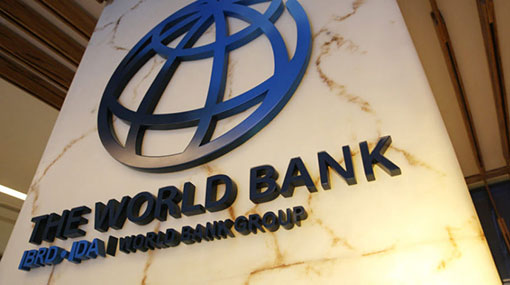Sri Lanka urged to invest in people to unlock its productive potential
September 28, 2019 09:04 am
The World Bank unveiled today a new report to guide policymakers and development practitioners across Sri Lanka in better investing in the health and education of all Sri Lankans.
The report Sri Lanka Human Capital Development : Realizing the Promise and Potential Of Human Capital is part of the Human Capital Project, a global effort led by the World Bank since 2018 that recognizes the vital importance of human capital for a country’s future.
The project includes the Human Capital Index which measures and forecasts a country’s human capital through a child’s life-cycle from birth to adulthood.
The report finds that in 2019, Sri Lanka performs moderately well globally, with an overall score of 58 percent, and a ranking of 74 out of the 157 countries. If current education and health conditions persist, a child born in Sri Lanka today will be about half as productive as she or he could have been had they enjoyed complete education and full health, the report notes.
“People are the most valuable resource in any country and investing in people is smart economics,” said Idah Z. Pswarayi-Riddihough, World Bank County Director for Nepal, Sri Lanka and Maldives.
“Technology and automation are radically changing the very nature of work and reshaping industry. Children in primary school today are likely to work in jobs that may not even exist right now. Developing its human capital to a new and higher level will be key for Sri Lanka to become an upper-middle-income economy.”
Sri Lanka has the highest score in South Asia, above the average for the region and income group. Sri Lanka performs well in survival to age 5, expected years of schooling, adult survival, and stunting. The main constraints to achieving a higher score for Sri Lanka are under-nutrition, and on average, inadequate learning outcomes in school.
“Sri Lanka needs to address human capital development from the twin perspectives of upper-middle-income growth and regional equity,” said Harsha Aturupane Lead Economist and Program Leader for Human Development for Sri Lanka and the Maldives.
“Greater resources and policy attention are needed for provinces where human capital is less advanced, while also making rapid improvements in human capital in the more advanced provinces”.












